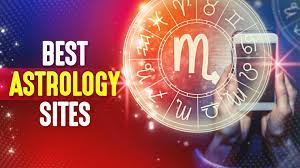In modern times, Accurate astrology reading continues to intrigue and resonate with people worldwide. Despite being considered a pseudoscience by many in the scientific community, astrology remains popular, attracting individuals seeking self-reflection, guidance, or a sense of connection to the universe.
Many turn to horoscopes—a brief forecast based on one’s zodiac sign—as a source of entertainment and guidance. These predictions, often found in newspapers, magazines, or online platforms, offer generalized insights into potential experiences and moods for specific periods.
Moreover, astrology has expanded its reach through social media, with astrologers sharing personalized readings, celestial updates, and insights into planetary movements. Online platforms provide accessibility to astrological information, fostering communities where enthusiasts discuss interpretations and experiences.
Criticism and Skepticism
Despite its enduring popularity, astrology faces persistent skepticism and criticism. Skeptics argue that astrological interpretations lack empirical evidence and scientific basis, asserting that the perceived connections between celestial events and human life are purely coincidental or subjective.
Scientists and skeptics often emphasize the lack of controlled experiments or replicable evidence supporting astrology’s claims, considering it a belief system rather than a science.
Conclusion: Navigating the Cosmic Tapestry
Astrology, with its rich history and enduring appeal, remains a captivating subject that sparks curiosity and introspection. Whether viewed as a guiding compass or a form of entertainment, its influence on individuals and cultures persists, intertwining the celestial and terrestrial realms in a captivating cosmic dance. As we navigate life’s journey, the allure of astrology offers a lens through which we seek understanding, connection, and a deeper appreciation for the mysteries of the cosmos.
